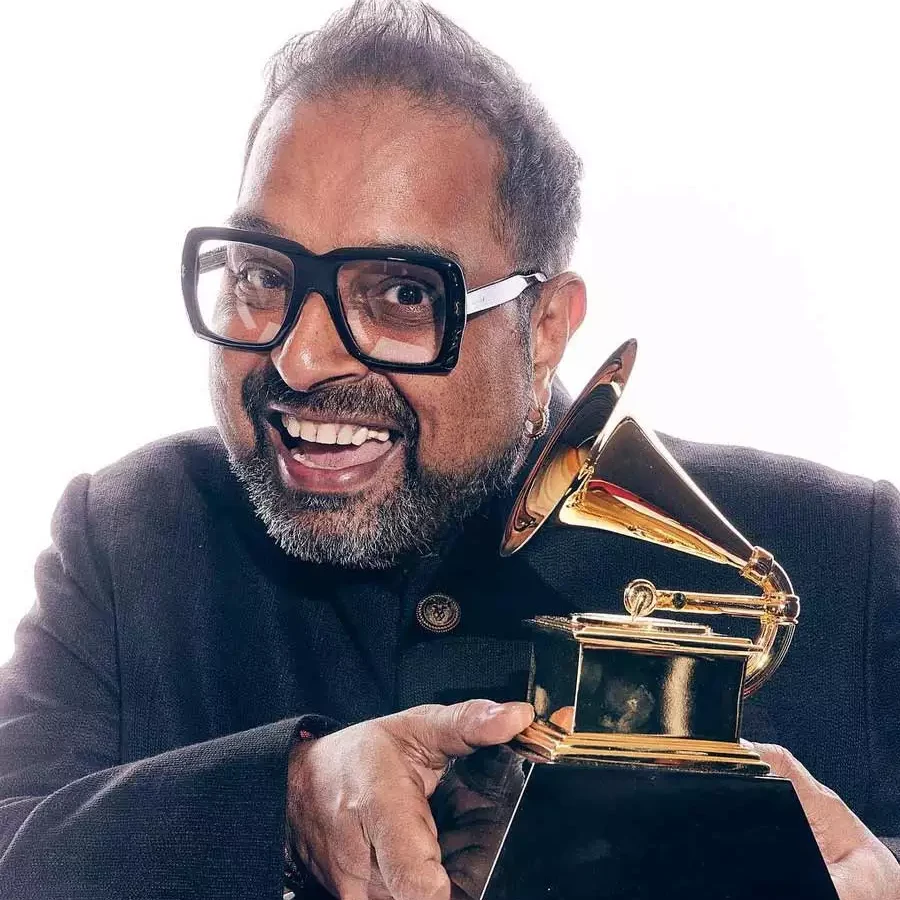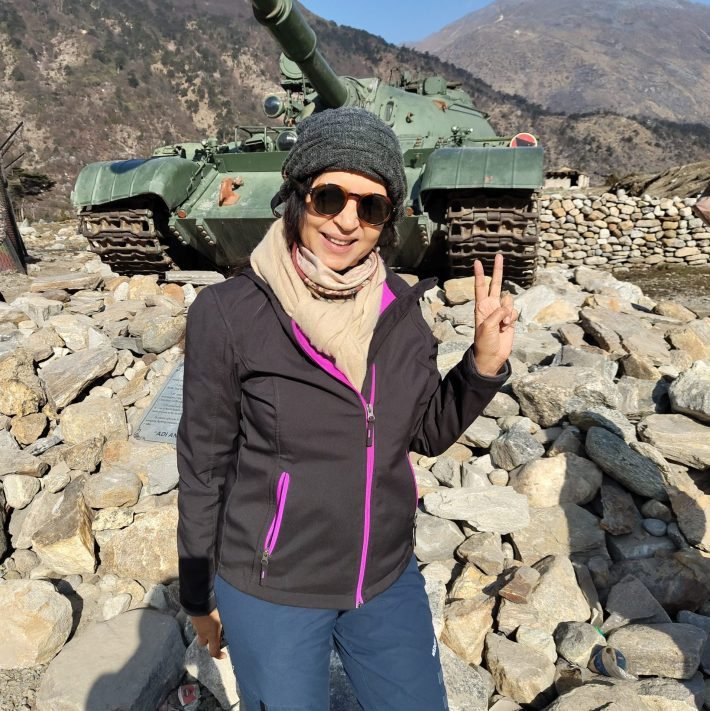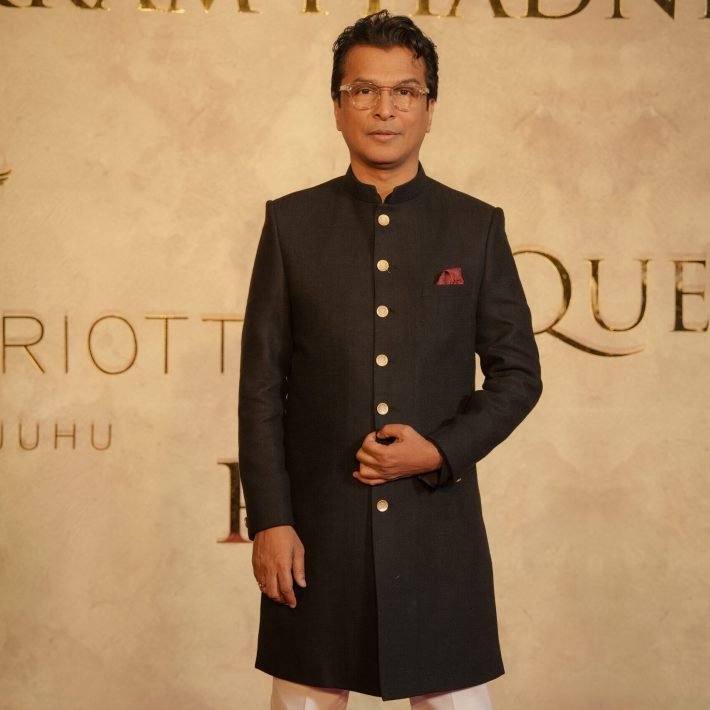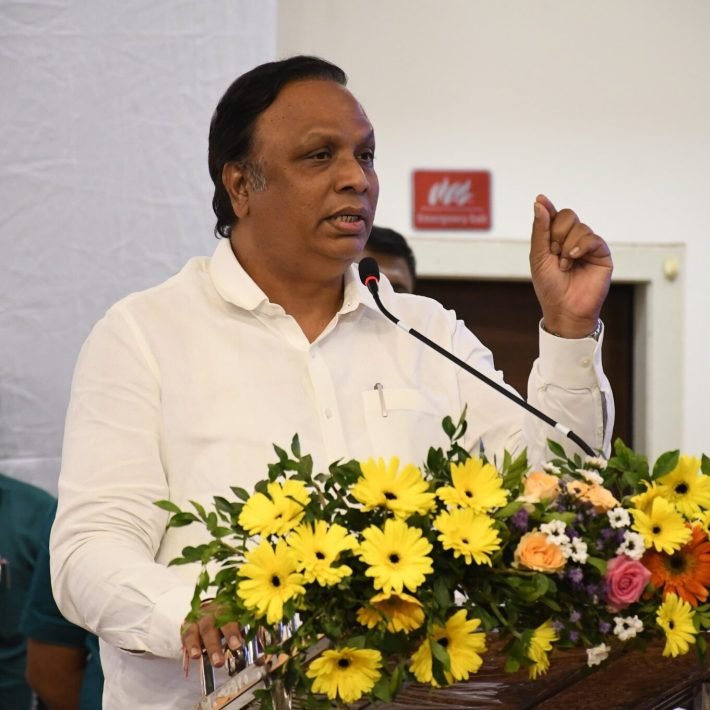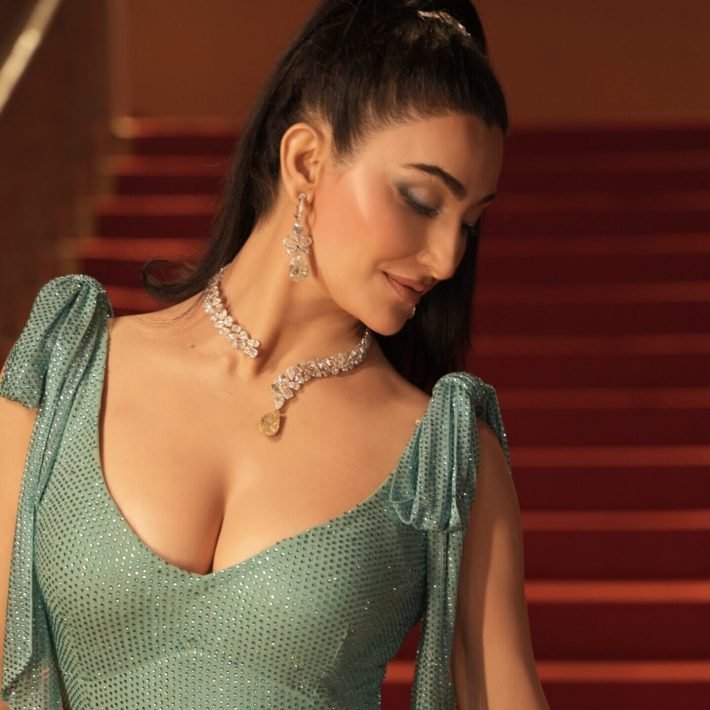Flush from his recent Grammy win, the dizzyingly gifted singer and composer Shankar Mahadevan believes he has just scratched the surface, and has many goals left to accomplish.
By Nichola Marie
Your fusion band Shakti has won the Grammy Award for Best Global Music Album for ‘This Moment’. What did the moment feel like?
That was a very significant and special moment for me. It was so surreal that it all felt like a haze. I couldn’t digest it for a few days, you know… it takes time to sink in! But it was jubilation, celebration, happiness, relief, emotion, all together!
The album features founding member, guitarist John McLaughlin alongside Zakir Hussain, yourself, violinist Ganesh Rajagopalan and percussionist Selvaganesh Vinayakram. What has this 25-year-long journey been like?
See, Shakti plays a very important role in my life. In my music education actually, when I was very young, I used to go to a small little cassette shop in Chembur, a suburb in Mumbai, and pick up the latest cassettes of Shakti like ‘Natural Elements’, and others that they released. We used to literally study the music. As luck would have it, and with God’s blessings, after 25 years, I was sitting on stage with them performing their music, and became an integral part of the band. And that stayed for 25 years. I think it is a perfect example of a dream come true situation.
While not everyone who learns music as a child goes on to carve a career in the field, how much credit do you give to your parents’ insistence on your training in Hindustani and Carnatic music?
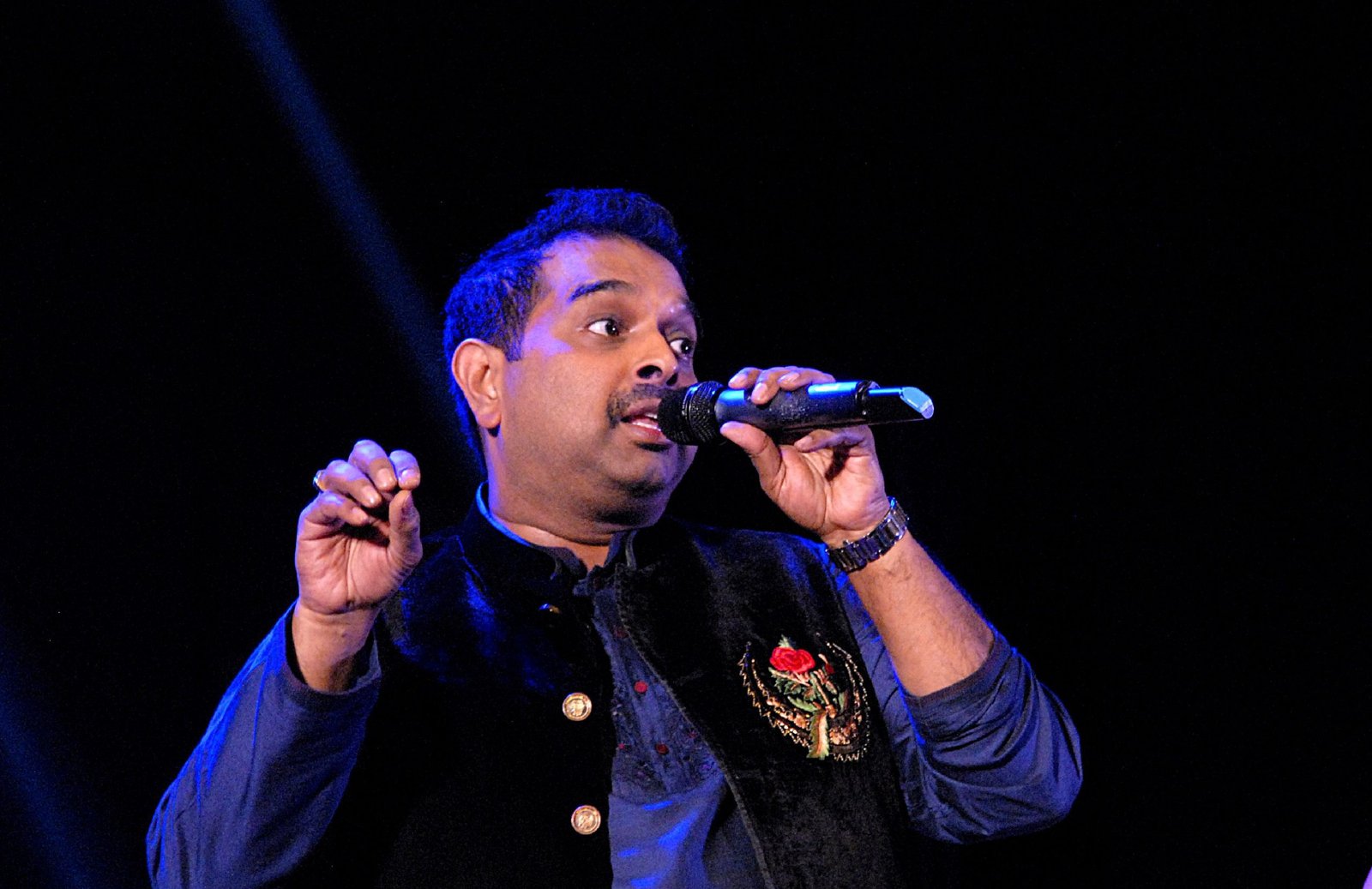
I owe everything to my parents. At a very young age, they discovered my inclination and interest towards music. And whatever our economic condition was, they did not bother about it, and always encouraged me, by getting me the best of teachers, buying me the best instruments, and constantly paying attention to my music education, in equal magnitude to my regular education. So that was how hip they were, they are, my mother still is – you know, I still live with my mother. Everything is dedicated to them.
From studying computer engineering to diving headlong into the realm of music – what was the defining moment that decided your life’s path?
It was not a single defining moment. It was an idea, and a wish, or a dream that was brewing inside for a very, very, very long time. In the meantime, I was studying and becoming a successful engineer. But I had to ask myself: Is this what I want to do for the rest of my life, sit in front of a monitor, and just develop software for some arbit person whom I don’t even know, I have no connection with? Or do I want to just enjoy myself doing music, which is an absolute soul-satisfaction situation? So I had to take that call and plunge into it. It took a while, and a lot of guidance and help from my family, my friends, my near and dear ones, and the advice of the woman whom I would marry. A lot of people helped me make my decision.
Achieving early fame as an Indipop star with a fusion of Carnatic, Hindustani and jazz, how did you arrive at this unique sound that left listeners ‘breathless’?
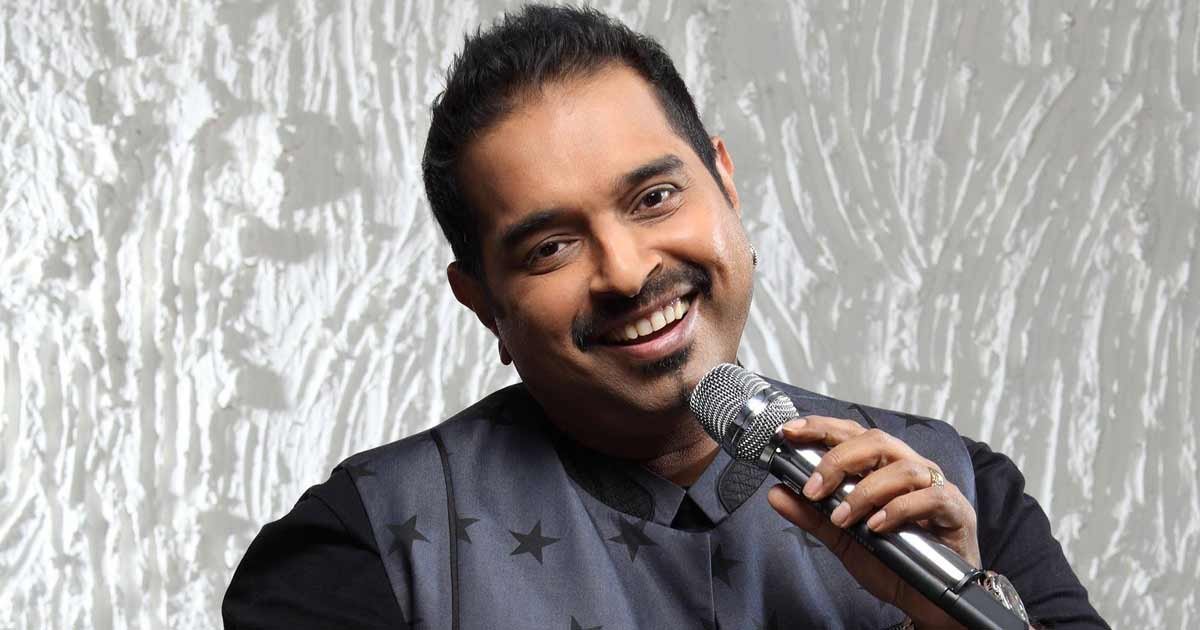
I was very busy doing my jingles, corporate films and running around, performing and all that. The idea of doing a live show, of doing an album was there, but I was too busy. But when the opportunity came to collaborate with the one and only Javed Akhtar sa’ab, I just could not refuse that, and I thought that would be the perfect start. This was an idea that Javedji initially had that we should have a song that just goes on and on like how you sing a sargam or an alaap, and use words in that, and have these dynamic ups and downs, like a rollercoaster of different emotions.
Your astounding vocal prowess makes everything look easy, but did you face any professional or personal challenges in reaching your current standing?
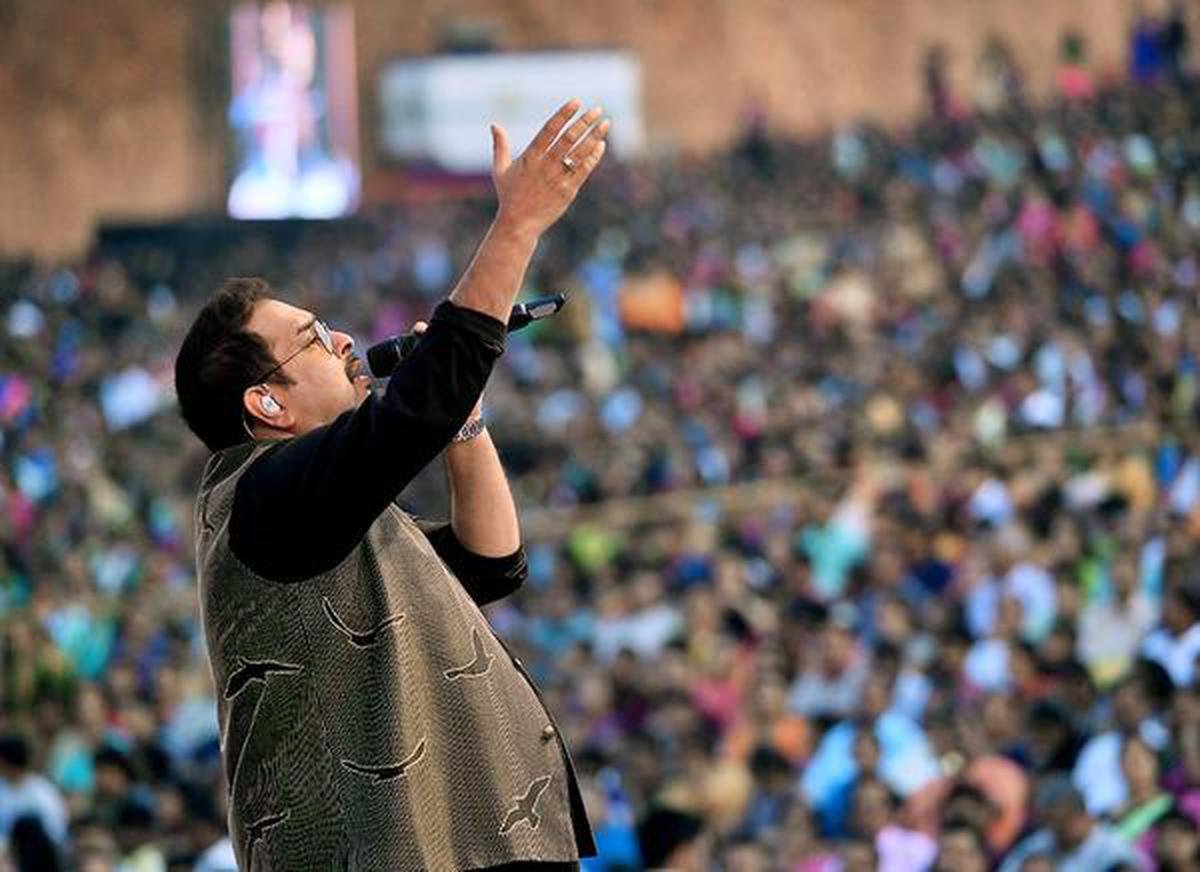
Well, yeah, I think my singing looks easy, but I don’t feel easy that way! You need to have extreme focus, extreme attention, and awareness of what you’re doing. A lot of thinking happens even while singing, because I’m an improvising kind of musician, so, even if it’s a Bollywood song, many things are improvised on the stage. So, your thought process has to be faster than your execution. And that is a constant that keeps happening throughout my performance of singing. So, it is easier said than done. It is quite a tough game.
In a career crowned by multiple national and state awards and even the Padma Shri, what are some of your contributions that you are most fulfilled by?
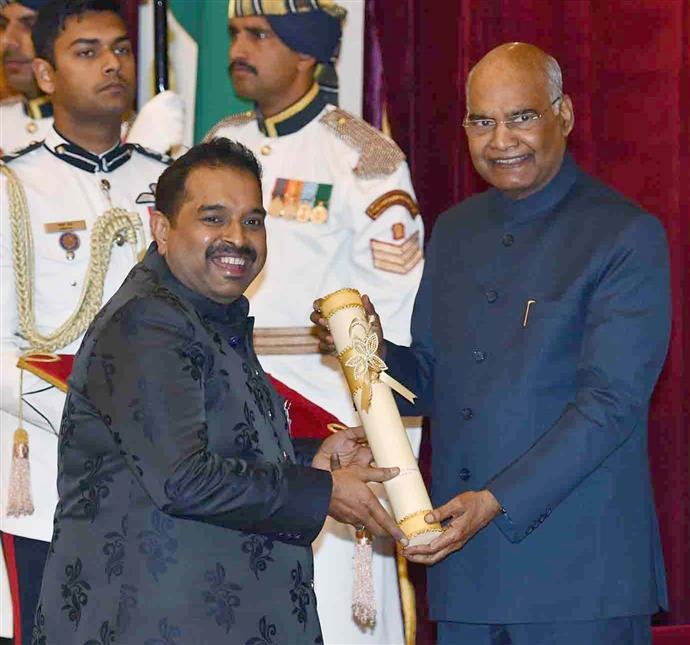
An artiste’s achievements are defined by the body of work that he has done. So when I look back at my journey, and I see various milestones, whether it be film music, where I’ve sung, collaborated with some of the biggest production houses, sung for all the heroes in all the languages that our country has – Tamil, Telugu, Kannada, Malayalam, Marathi, Punjabi, all kinds of stuff… So it’s quite satisfying. And a feeling of accomplishment is definitely there. And I feel that the biggest fulfillment is my academy, where, you know, I’m teaching, and giving back to society, and training the next generation, and teaching them about our culture and heritage.
The title of your authorised biography uses the term ‘maverick’ to describe you. How did your unorthodox and independent-minded approach mark you out in a clutter-filled space?
I don’t know whether I’m a maverick, or whatever; the author decided to use that name, but I really feel that I have just been natural, I have just let music flow naturally. And at any instant, I have never tried to be somebody I am not. I have never tried to sing even a single line of music, which does not come naturally to me. I cannot portray something that I’m not. So, that is what makes it very easy. And for me, that may be one of the reasons that my music stands out amongst the clutter.
It has been more than 25 years for you as a composer, along with Ehsaan Noorani and Loy Mendonsa. To what do you credit your critical acclaim and success?
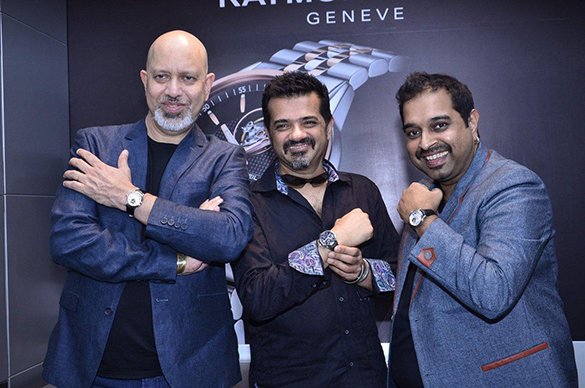
See, we are three different individuals with very strong musical preferences, education, and viewpoints. And we just stick to that. The three of us, when we work, we work very naturally, and let the music flow. We don’t get bogged down by something that is massy, popular and trying to be popular, we just do things that come naturally to us. And since we cover a huge musical spectrum of knowledge, things sound fresh, because we approach it in a very different way; not the traditional way.
Any goals that you are still working towards achieving?
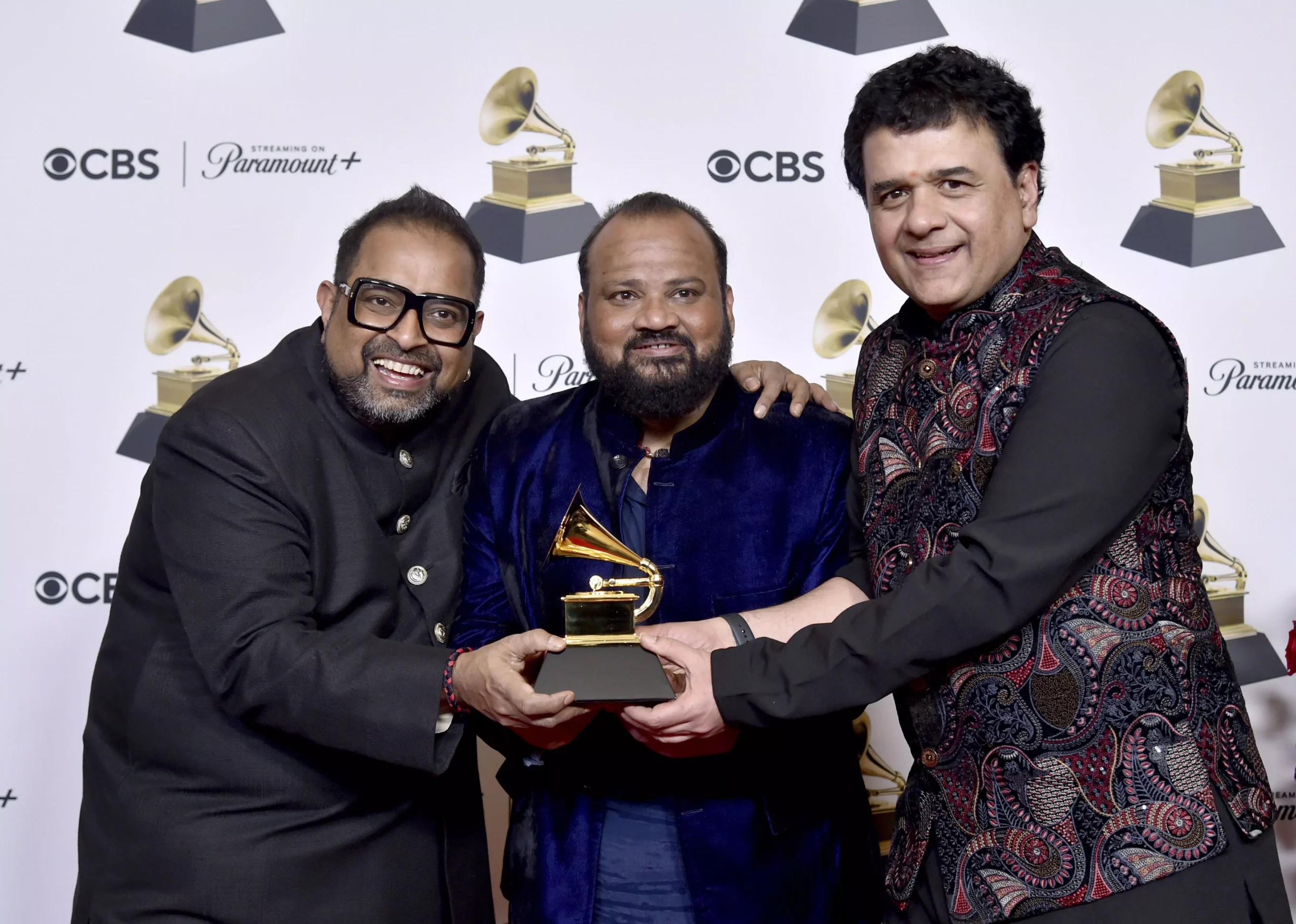
Many goals actually, this is just the beginning; I feel that I’ve just scratched the surface, lots of stuff to do, a lot of music education to do, teach, get many, many, many more people into learning from my academy. Make a difference to the underprivileged through music, and use music as a tool to give joy and happiness to people who are suffering. Collaborate with many, many more artistes, bring out our music and show the world the depth and aesthetics of Indian classical music and Indian music.
You dedicated your Grammy to your wife Sangeeta. What is the ‘secret sauce’ of a happy and successful marriage?

There is no secret sauce or anything. I think the only way it happens is you give each other respect, do not take each other for granted, give each other space and love unconditionally. That is the only way to do it.
Learning From The Best
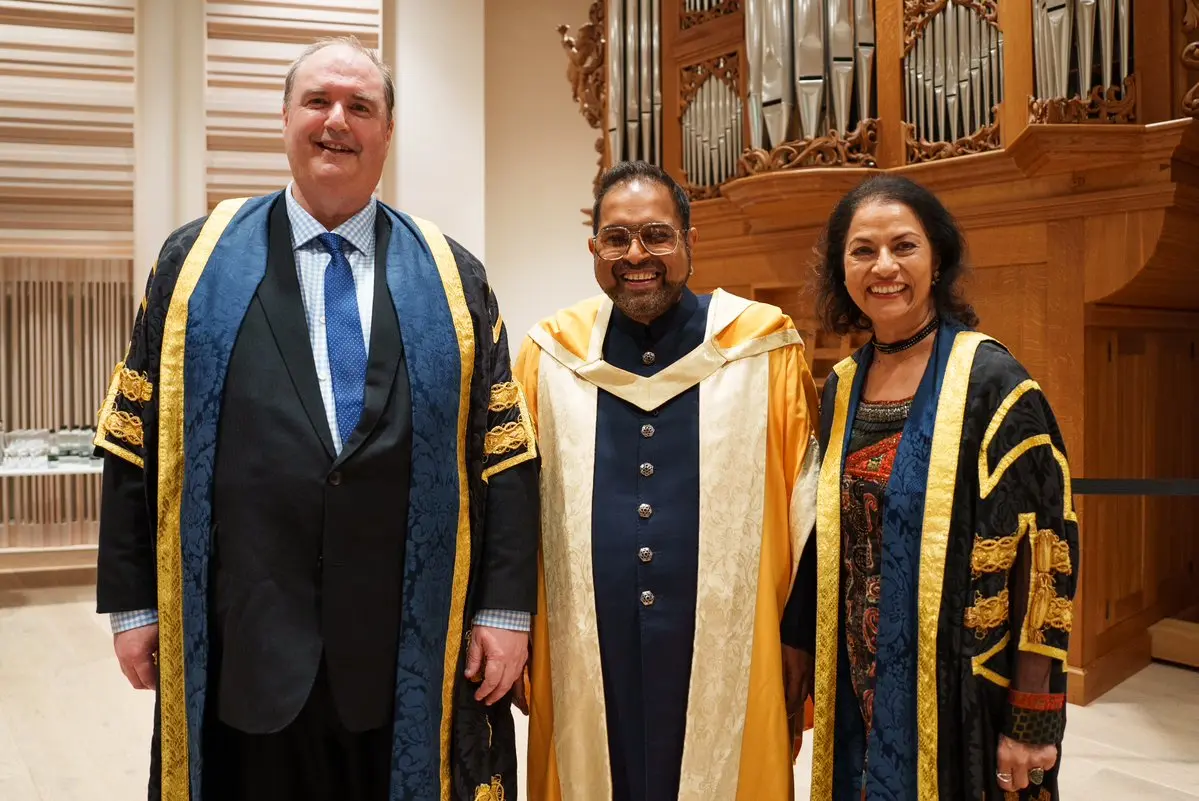
Shankar Mahadevan Academy, with its tagline of ‘Learn music. Anytime. Anywhere’, offers live online classes with expert faculty, customised learning and world-class curriculum. With a tool as well as counsellors to find the perfect course to suit the individual, on offer are a range of courses in vocals, instruments, and songs. The instructor-led courses have weekly live, online sessions with expert instructors supplemented by learning materials in the form of an Online Music Book – OM Book(tm) with audio/video lessons, theory, notations, lyrics. Each session is 45 minutes in duration with intimate batch sizes of one to three students according to session timings of one’s choice. All you need is a laptop/computer, an internet connection and your headphones to get started.
